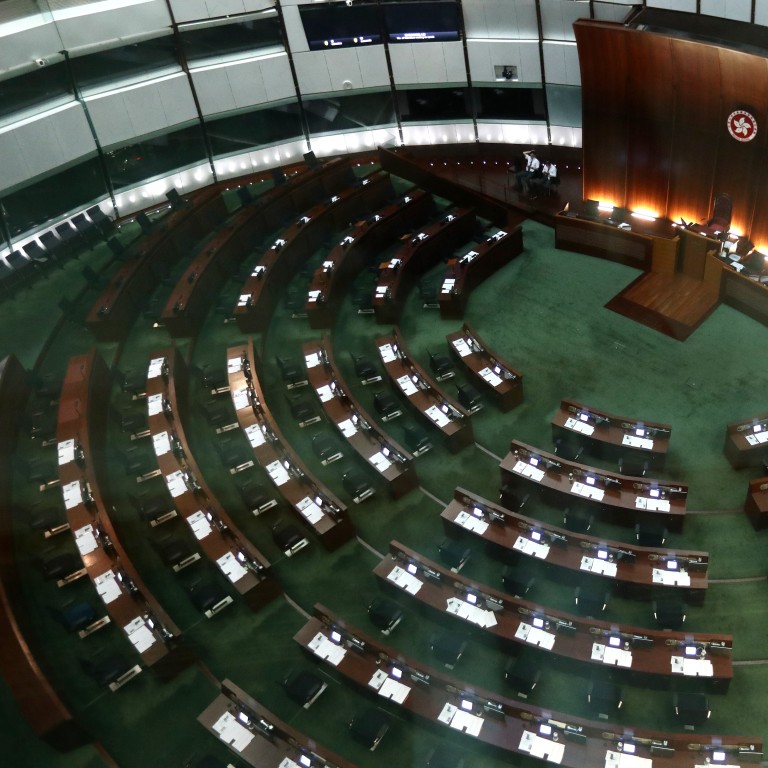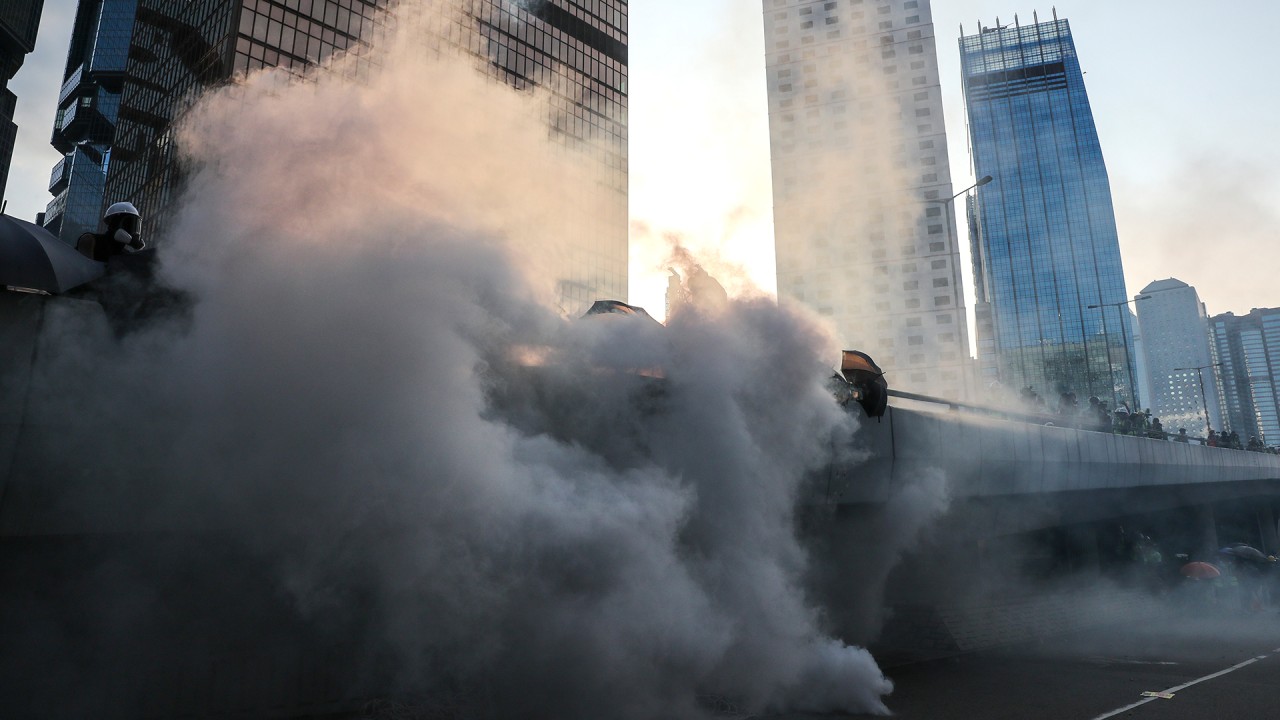
Hong Kong lawmakers clash over proposed Legco rule changes
- Pro-establishment camp suggests amendments that would change how motions are prioritised
- Opposition believes move is attempt to stop them investigating police behaviour during last year’s civil unrest
Opposition lawmakers were considering legal challenges to the plan, which they say would jeopardise their freedom of speech.

Horace Cheung Kwok-kwan, who submitted the proposal, wants to lower the priority for debating these motions under Legco’s Powers and Privileges Ordinance and give way to other motions.
“[The opposition] jumped the queue again and again by abusing the power under the ordinance,” said Cheung, an executive councillor and member of the Democratic Alliance for the Betterment and Progress of Hong Kong (DAB). “Not even one motion raised by members relating to livelihood issues could be debated for a long period of time.
“If we are not dealing with this soon, Legco will end up in a state of paralysis again.”
If passed, his amendment could give priority to a motion down the list, by his ally Priscilla Leung Mei-fun, which calls for an investigation with special powers into the alleged foreign interference and sources of funding for last year’s protests.
Hong Kong opposition lawmakers fear end is near for Legco protest tactics
On Wednesday, Democratic Party lawmaker Andrew Wan Siu-kin said he thought the amendments might breach Legco ordinances that secure lawmakers’ privileges and freedom of speech.
He said his bloc would meet on Friday to discuss the feasibility of lodging a judicial review.
“How can they justify the introduction of a new threshold that will deprive the minority of the rights of debating certain motions? The unfair treatment of lawmakers is highly disputable,” he said.
The DAB’s vice-chairman also proposed measures to limit the procedures for any elections of a committees’ chairman to 30 minutes by cancelling on-site nomination arrangements, and self-introduction sessions of candidates.

03:23
100 days of protests: a milestone for Hong Kong’s anti-extradition chaos
Civic Party lawmaker Dennis Kwok, who presided over meetings to elect a chairman of the House Committee, was criticised by local and Beijing authorities for deliberately stalling the proceedings for half a year since October last year.
Targeting continued filibustering in the council, the pro-government camp also suggested shortening the time spent debating motions of subsidiary legislation for each member, from 15 minutes to five minutes per session. It is up to the president to decide the length of a session.
Paul Tse Wai-chun, chairman of the Committee on Rules of Procedure, also agreed the amendments in principle.
“Legal challenges by the opposition are welcomed,” he said. “We have been tolerant for a long time. We need to find ways to end those chaotic scenes.”
Tse said he would circulate them among all members for two weeks before holding a special meeting for deliberation.
He hoped the amendment of the house rules would come into effect in less than a month if it passed smoothly through the House Committee.

